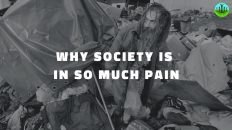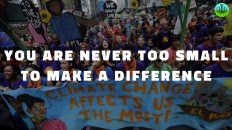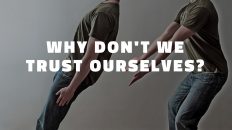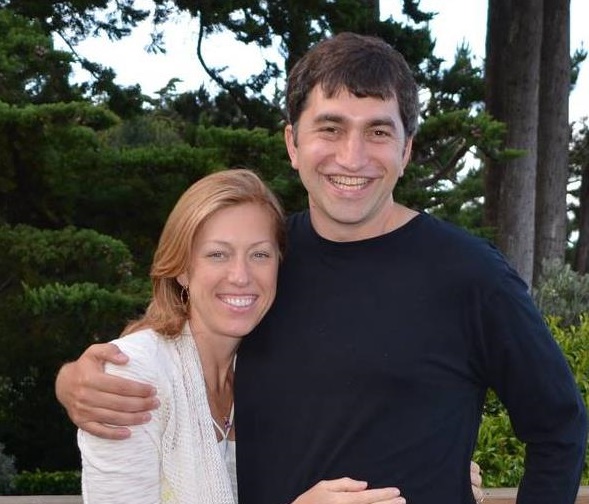It sure does seem that people care more about being right than they do about changing the world or being happy. On one level, we could trace it back to schooling and the rewards you get for producing the right answer, but I think it goes even deeper than that to the way that we raise children in this society, controlling them by withholding approval and shaming them or rejecting them for doing things that we don’t like.
Basically, if you don’t do what I like, then you are a bad boy. What is wrong with you? How could you? That shame then gets internalized over time as self-rejection because what a young mammal wants the most is to be accepted by the parent. young mammals are totally dependent on the mother, so abandonment is a death sentence.
So to control a child, you can leverage that primal fear of abandonment. And it works for a while, but really what you are doing is training children to be slaves to their fear, to their insecurity and to have this internalized self-rejection which drives a life long quest to like myself.
Well, how do I give myself permission to like myself? One way is to be right or to be good, to have a code of ethics that I adhere to, unlike that person because they voted for Donald Trump, but me and a few people in my tribe, let’s form a little internet group together so we can tell each other how right we are and how good we are and how we are on Team Good in this global war against Team Evil. Ahhh. Now I get to like myself. Now I approve of myself because this is such a primal need.
This is all conditional self-approval. It is not intrinsic, fundamental self-approval. So it only lasts as long as the “let’s talk about how right we are” party lasts, and then you need more and more and more and more. So as long as that is there, the thirst for validation will be endless.
People who are highly conditioned into self-rejection will be easy to manipulate because all you have to do is find someway to associate their self-approval with something that you want them to do.
Someone carrying a lot of self-rejection will inevitable turn it towards other people in the form of judgement, in the form of violence, in the form of rejecting the other. On one level, it is about elevating the self by rejecting the other. You get to feel good about yourself if you are dominating somebody else, if you are ridiculing somebody else.
Its kind of new territory for us to let go of the formula of punishment and shame and reward and conditional rejection and approval. Like what do we do when we are not going to do that anymore. It’s not like we just totally step back and let the kid do whatever he wants. How do children learn behavior? One way is to experience consequences of what they do that aren’t necessarily coming from you.
When my son was boy, I gave him a knife. I said, this knife is sharp. If you are not careful, you will cut yourself. Well, he wasn’t careful and he cut himself. What did he learn? Two things. One, he learned knives are dangerous. You could cut yourself. The other thing he learned is that Dad is pretty smart. Maybe I should listen to Dad.
Now if I had said “Matthew, don’t you dare touch that knife or you will be in big trouble.” and he touched it maybe and I hit him, he would have learned, “knives aren’t dangerous, Dad is dangerous.” And then in the future when he maybe used a knife and did not get cut, that second thing he learns is Dad full of shit. Just like when Dad said don’t climb up the slide backward, don’t climb on the jungle gym, don’t do this, don’t do that, its dangerous. Smoking pot will rot your brain, whatever. And then he he smokes pot, he does this, he does that, he’s ok, unless I caught him, unless he gets in trouble.
What our parenting does is it conditions people to think that if they don’t get in trouble, if they can evade the surveillance of authority, then there are no consequences.
One thing that my children learn is that they are trustworthy. Yeah, I trust you with this knife. I trust you with this bicycle. I trust you to go outside by yourself unsupervised. If you are constantly trying to prevent them from doing those things, your signaling you are not trustworthy.
To heal this wound of self-rejection is really a profound undertaking and, as it heals, you become less able to be manipulated. You become better able to serve a mission that is not the mission of looking good to yourself and others, but it is the mission of actually creating a change in the world.

















